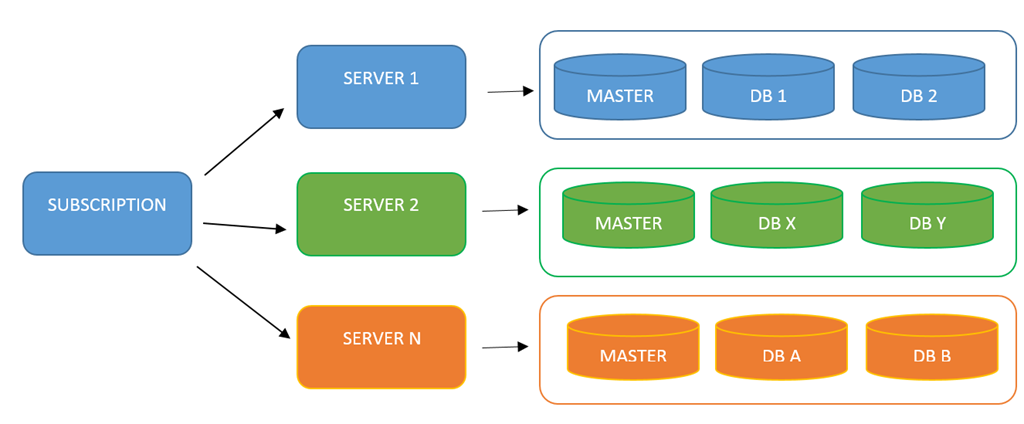Network programs are now bigger and more flexible. More often than not, the basic scheme of operations are mostly a combination of scripts that handle the control of a database.
Because of the diversity of languages and existing databases, the way to "talk" between each other can often be complicated and challenging, luckily for us, the presence of standards that allow us to perform the usual procedures through a wide-spread form makes this confusing job more straightforward.
That's what Structured Query Language (SQL) is centered on, which happens to be nothing but an international standard language of communication within databases. That is why, the Structured Query Language (SQL) is truly a standardized language that allows all of us to implement any language e.g. ASP or PHP, in conjunction with any specific database e.g. MySQL, SQL Server, MS Access.
Because of the diversity of languages and existing databases, the way to "talk" between each other can often be complicated and challenging, luckily for us, the presence of standards that allow us to perform the usual procedures through a wide-spread form makes this confusing job more straightforward.
That's what Structured Query Language (SQL) is centered on, which happens to be nothing but an international standard language of communication within databases. That is why, the Structured Query Language (SQL) is truly a standardized language that allows all of us to implement any language e.g. ASP or PHP, in conjunction with any specific database e.g. MySQL, SQL Server, MS Access.
SQL was manufactured by IBM during the1970's, in the beginning it was called SEQUEL (Structure English Query Language). Years later, Microsoft and Oracle also started using SEQUEL. Their global recognition and used grew and then the term SEQUEL was changed. In 1986, the term SEQUEL was standardized by the American National Standards Institute (ANSI) to SQL. In other words, they ditched the world "English" from the term.


Until this day, there are lots of users who refuse to refer to it as SQL, to these people, SEQUEL certainly is the right name for this international standardized database language. SQL has additionally been revised in 1989 and then 1992 (SQL-92). Ever since,SQL has undergone many revisions to enhance their standardization.
SQL is surely an international standardized language, but that does not mean that is similar for each database. Believe it or not, some databases execute particular functions that will not always run in others. That's the reason why every company that delivers database products, for instance Microsoft and Oracle, have their own certification process ensuring that those that takes the certification exam are very well prepared and understand the differences between the various models of SQL. Their knowledge is focus on their own unique specific version of SQL.
SQL is not simply relevant because of the ability to standardized an otherwise confusing language, it provides two other unique characteristics. On one hand, it really is tremendously flexible and powerful. On the other hand, it is very accessible which makes it simpler to master.
There are many databases products that support SQL, however, two of the biggest and most widely used are Microsoft SQL server and Oracle database.



really great sharing, thank you
ReplyDeletecara mengobati ejakulasi dini
Hey Fantastic Share, Thanks for the awesome article published much information, awesome hard work and maintainanace
ReplyDeletesportrx coupons
sportrx coupon code
nice article,i don't know much about SQL,now i understand about SQL
ReplyDeleteVigRx Plus